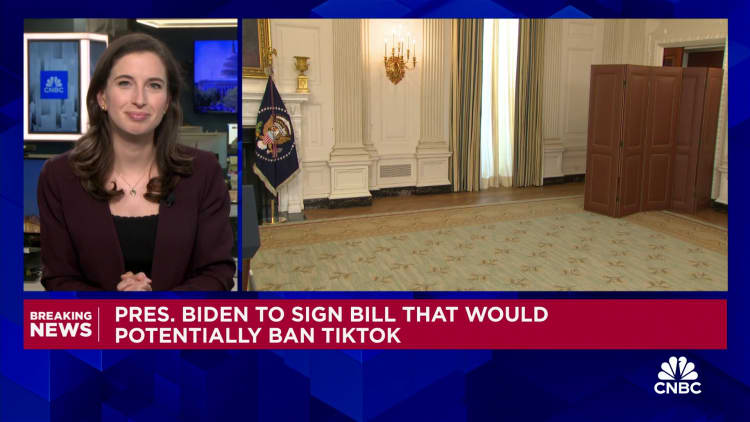Jerome H. Powell, the chairman of the Federal Reserve, made clear in a “60 Minutes” interview broadcast Sunday evening that the central bank is moving toward cutting interest rates as inflation declines, but that policymakers need to see further progress toward lower prices increases to take the first step.
Mr. Powell was interviewed on Thursday, after last week’s Fed meeting but before Friday’s blockbuster jobs report. He reiterated his message that borrowing costs will fall. But he also said the Fed’s next meeting in March was probably too early for policymakers to be confident enough that inflation was coming under control to cut interest rates.
“We think we can be cautious about this decision just based on the strength that we see in the economy,” Powell said during the interview, based on a transcript released before the broadcast. He added that officials would like to see further moderation in price increases, even after several months of milder readings.
Progress on inflation “doesn’t have to be better than what we’ve seen, or even as good. It just has to be good,” Mr. Powell said.
His comments reinforce that there will likely be lower borrowing costs this year, a change that could make mortgages, auto loans and credit card debt cheaper for Americans. They also underscore how much better the current economic situation is proving than economists and Fed officials expected just a year ago.
Many forecasters had predicted that the Fed’s rapid rate-hiking campaign, which pushed borrowing costs from near zero to 5.25 to 5.5 percent from March 2022 to July 2023, would slow the economy so much that it could even trigger a recession . Central bankers themselves – including Mr. Powell – believed that some economic slowdown would likely be needed to cool consumer and business demand enough to prompt companies to stop raising prices so quickly.
Instead, employers are quickly hiring new employees, unemployment remains at a historically low level of 3.7 percent and wage increases have finally eclipsed price increases in recent months.
“I honestly said we thought there would be pain,” Mr Powell said in the interview broadcast on Sunday. “And we thought that the pain would probably come, as in so many past cycles, in the form of higher unemployment. That didn’t happen.”
Still, elevated prices for many products – including food – along with high borrowing costs and high property prices have undermined economic confidence. Mr. Powell admitted in his interview that he was unhappy.
“I think people have been patient and gone through a pretty difficult time,” he said. “And I think now we’re past that time and we’re starting to feel a little bit better. Mortgage rates have come down in anticipation, down a little in anticipation of lower rates.”
Mr. Powell made clear that the central bank’s policy decisions would not be affected by the presidential election later this year.
The Fed is sometimes a political talking point. Former President Donald J. Trump, who is running for re-election, has already begun criticizing the central bank and Mr. Powell in particular during the campaign. But the Fed is isolated from the White House and is supposed to make policy free of political influence. Its officials fiercely protect that level of independence, given the unpopular decisions they sometimes have to make to cool the economy and stave off inflation.
In the interview, Mr. Powell reiterated his commitment to freedom from political influence.
“Integrity is priceless, and in the end that’s all you have,” he said. “We plan to keep ours.”
Source link
2024-02-05 00:33:26
www.nytimes.com











